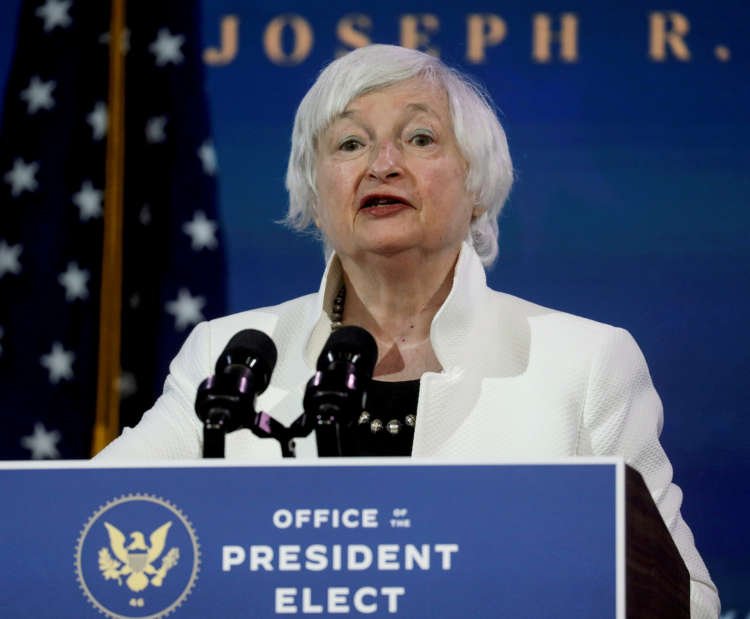Top Stories
Yellen pushes minimum corporate taxes, ending fossil fuel breaks, to pay for infrastructure
Published by linker 5
Posted on April 8, 2021
1 min readLast updated: January 21, 2026

Published by linker 5
Posted on April 8, 2021
1 min readLast updated: January 21, 2026

Explore more articles in the Top Stories category











